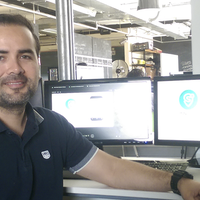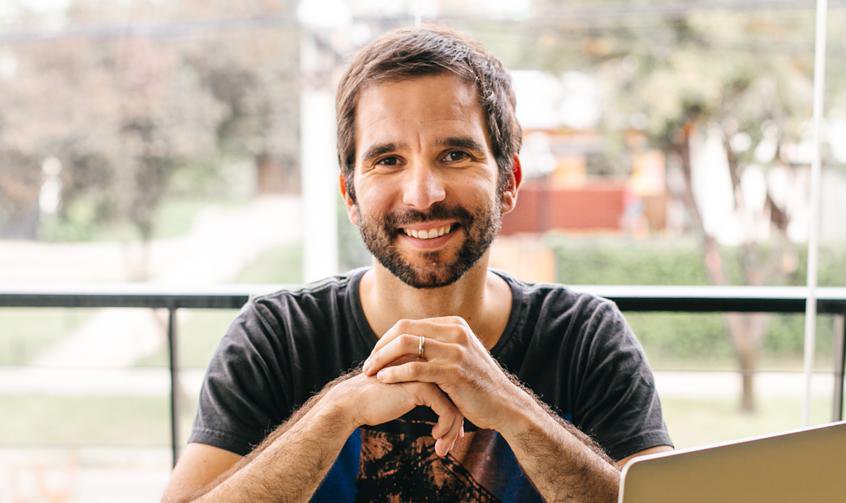"A study published in 1998 linked certain vaccines to autism. Although 12 years later the publication retracted upon discovering that the study´s author had committed fraud, the shadow of doubt had already been cast. In Chile, the matter wasn´t resolved until 2015 with the conclusion of a two year investigation commissioned by the Ministry of Health to gather all of the scientific information available on the topic. Finally, the committee demonstrated that there is no scientific evidence to support any claims of a link between the vaccines and autism.
Situations like this spread doubt amongst the medical community, who must review the available literature in order to make informed decisions. But this analysis eats up valuable time, so to help facilitate this work, the young Chilean Daniel Pérez has created Epistemonikos, the largest health-related systematic review database in the world. Thanks to this ambitious project, Pérez has been selected as one of MIT Technology Review´s Innovators Under 35 Chile 2016.
Systematic reviews of medical publications are performed through a standardized procedure that is ""very time-consuming"", Pérez explains. One must gather all of the articles published on the subject, perform a peer review, identify the most relevant items and perform a meta-analysis of them. The results are finally published as a global corpus of knowledge on the topic. ""Each year 10.000 systematic reviews are generated, each one at a cost of approximately $100,000 (around 88,000 euros)"", Pérez highlights.
To streamline this process, a search performed on Eopistemonikos using the key words ""vaccines"" and ""autism"", for example, will automatically present a list of the most relevant scientific publications, with the corresponding time-saving benefits. ""It is also capable of highlighting systematic reviews amongst the rest of the published literature"", something that existing, public databases like PubMed cannot do, according to Pérez.
To achieve the identification of the relevant articles and systematic reviews, Epistemonikos works with artificial intelligence revised collaboratively by experts. On the one hand, the young engineer has designed a search algorithm that determines which publications within the database have the characteristics of a systematic review. On the other, thanks to an agreement with the Pontifical Catholic University of Chile, sixth year medical students are provided with an app that shows them the articles which the algorithm has identified as potential systematic reviews for their confirmation.
Pérez´s ambition is high: to offer a tool that answers any health-related query based solely on the best scientific evidence available. This idea came to him in 2009 after a conversation with his cousin, and now partner, the Dr. Gabriel Rada. At that time, the young engineer had just moved to Silicon Valley (USA) to execute one of his previous ventures, Zappedy, which he sold in 2011 to Groupon. After this initial business success, he returned to this idea and in 2013 launched a public, beta version of Epistemonikos."




